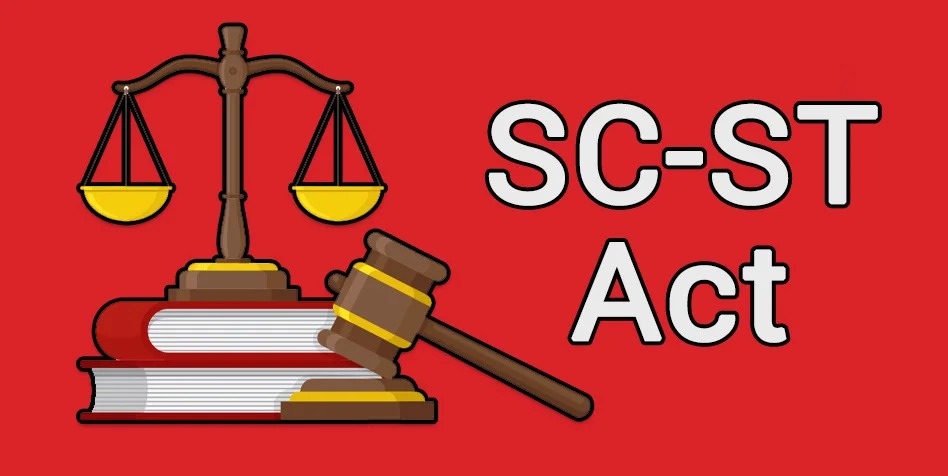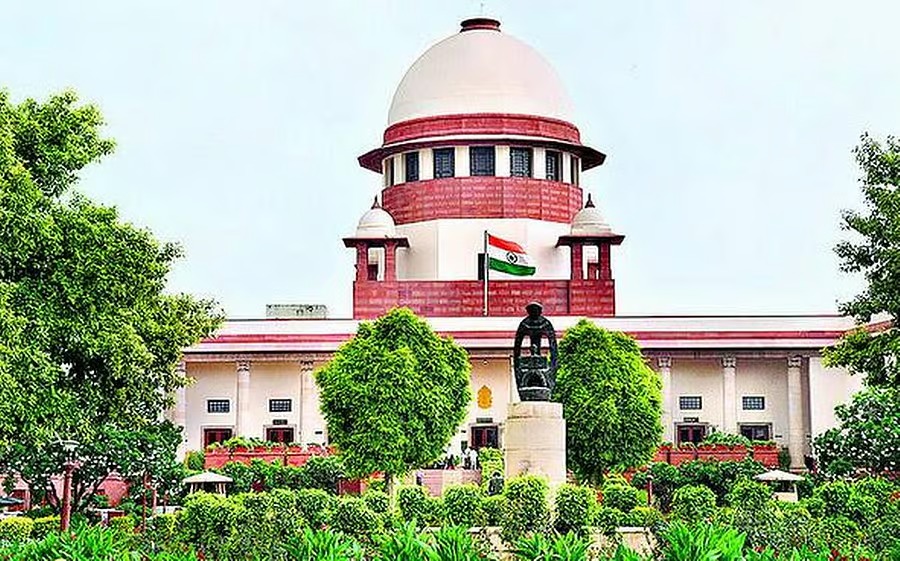M. Mallick, J.@mdashThis revision petition is directed against the order dated 31.1.85 by which the learned Judicial Magistrate, Serampore ordered attachment of salary of the present petitioner in Misc. Case No. 306 of 1975 The following is the order which is under challenge :-
Let the attachment order of salary of the O.P. Gora Chand Das be issued for realisation of arrear maintenance allowance amounting to Rs. 16,150.00 and for realisation of current maintenance allowance @ 150/- P.M. payable, by the O.P. in favour of the petitioner Gita Rani Das alias Bhattacharjee. The employees of the O.P. is hereby directed to deduct Rs. 150/- p.m. as current maintenance allowance and Rs. 100/- p.m. towards the arrear maintenance amounting to Total sum of Rs. 250/-p.m. and remit the said amount in favour of the petitioner Sm. Gita Rani Das alias Bhattarharjee after deducting the M.O. charge with an intimation to the Court.
It is submitted on behalf of the petitioner that the order of attachment of the salary is illegal and not contemplated u/s 421(a) of the Code of Criminal Procedure and the learned Magistrate has committed an illegality by ordering such attachment of salary. In support, the petitioner has submitted before this Court a Xerox copy of the judgment of Shamsuddin Ahmed 3 (unreported) in Criminal Revision No. 1099 of 1985 Ganga Bishnu v. Sm. Sabitri Debi, by which the learned Judge set aside the order of attachment of salary made by the learned Magistrate in execution of the maintenance order.2. It is submitted on behalf of the petitioner that the future salary payable to the present petitioner month by month is not a corporal movable property and consequently, clause (a) of section 421 of the Code is not attracted and the order of attachment of salary as passed by the learned Magistrate is illegal.
3. On behalf of the opposite party, the decisions reported in Punjab & Haryana Court reported in 1984 Cr. L.J. (N.O.C.) 175 and of Calcutta High Court reported in
4. I have heard the submissions made by both the parties at length. I have also perused the judgment passed by Shamsuddin Ahmed J. in Criminal Revision No. 1099 of 1985, that u/s 421(a) of the Code the learned Magistrate has got no power to recover the maintenance dues by attachment of salary as movable property.'' The question arises as to whether the salary is a movable property which can be attached and sold. There can be no doubt that salary cannot be sold, section 22 of the Indian Penal Code defining the movable property indicates that the movable property includes all corporeal property except land and things attached to the earth or permanently fatened or anything which is attached to the earth.
5. Now, the question arises as to whether the salary can be a corporeal property. The decision of the Punjab & Haryana High Court has been perused by me. There the salary was ordered to be attached as such salary was lying in Treasury and that was not a future salary. The impugned order which has been quoted by me in the beginning of this order clearly indicates for recovery of more than Rs. 15,000/-and also current maintenance. The order of attachment of salary has been made which is nothing but an order of attachment of future salary. Therefore such attachment of future salary which appears to be for a period till the whole maintenance dues are recovered cannot be held to be an attachment of corporeal property. In that view of the matter, I am in full agreement with the observation made by Shamsuddin Ahmed J. in Criminal Revision 1099 of 1985 that the future salary cannot be held to be a corporeal property which can be attached u/s 421(a) of the Criminal Procedure Code. The decision reported in
6. In these circumstances the order of attachment of future salary as made by the learned Magistrate cannot be sustained and must be set aside. The revision petition is thus allowed and the Rule is made absolute. The impugned order dated 31.1.1985 is set aside.
The learned Magistrate, however, will be at liberty to proceed with the execution of the maintenance order in accordance with law.

